

Exploring Gay Jamaica
Although Jamaica is one of the most prominent all-inclusive destinations in the Caribbean, it’s known for not being the most welcoming to the LGBTQ+ community. While these perceptions are starting to change as organizations like J-Flag continue to advocate for the queer community, it is challenging to know how safe a trip to Jamaica can be. We pulled together this guide of things to know before traveling gay Jamaica.
Are you considering a trip to Jamaica but want to know how accommodating it is to the LGBTQ+ community?
Keep reading for tips on having a fun and gay-friendly getaway to Jamaica.

Choose an LGBTQ+ Friendly Resort
When it comes to finding an all-inclusive place to stay in Jamaica, it’s important to choose an international name. Brands like Secrets, Breathless, and Sandals are more welcoming to the queer community and will provide a safer space for your trip. Check out our blog post about how safe it is to be gay at the Sandals Negril in Jamaica.
Rainbow Getaways also works with Roundhill Resort and Villas, which fully supports the LGBTQ+ community and is a leading sponsor of MoBay Pride. Round Hill is a boutique resort with just 36 hotel rooms (all oceanfront) and 26 private villas that range from two to six bedrooms. Check out our blog post with Issia, sales and marketing manager at Roundhill Resort and Villas, for more information on the wide variety of services they offer.
Stay in the Resort Bubble
Jamaica is most welcoming to LGBTQ+ folks around tourist-heavy spaces, so for a stress-free visit to the country, it’s better to stick to the activities around the resort. The resorts offer plenty to do, and for those looking to get out and explore, you can take a resort-sponsored excursion.
Other destinations are better suited for travelers who prefer adventure or live among the locals.

Avoid Traveling Alone
If you plan to leave the resort, it’s important to remember that gay nightlife is different in Jamaica. There aren’t any specific gay establishments or neighborhoods, and homophobic harassment is common. Make sure that you travel in groups and have a plan for the excursion.
When it comes to hooking up or perusing cruising apps, be wary. As we mentioned before in our blog post about Being Gay in Jamaica, most app users will either keep their profile photos blank or use a body pic instead of a face shot. We recommend removing your face pics and any identifiable information from your profile before you start swiping.
Minimize PDA
As much as we love seeing LGBTQ+ affection, visible signs of queerness, like physical touch, will make you stand out on your trip. To avoid any targeted verbal harassment, keep the PDA to a minimum unless you’re in the safety of the resort.
Despite the Jamaican Tourism Minister Edmund Bartlett declaring in 2017 that “LGBT travelers should feel relaxed traveling to Jamaica” and it’s “Tourism for all” in the country, there have still been enough instances of violence against LGBTQ+ folks that it’s important to keep your guard up when traveling.
Jamaica is a beautiful location, and there are many ways to have a safe and magical Caribbean vacation. If you’re interested in planning a trip, schedule a consultant with Rainbow Getaways, and we’ll help you with everything you need to know.
Rainbow Getaways proudly help travelers of the LGBTQ community (and our allies) research, plan, and book incredible vacations where you feel confident and comfortable enjoying and exploring your destination. We plan each vacation to meet your specific needs, so you’ll have an experience just as unique as you.
Recent Posts
Can you be gay in Jamaica?
Staying Inclusive in Jamaica at Round Hill Hotel & Villas

Travel Guide
- Things to Do
- Best Hotels
- Best Restaurants
- Best Nightlife
- Entry Requirements & Customs
- Getting Around
- Regions in Brief
- Special-Interest Vacations
- Calendar of Events
- Getting Married
- Getting There
- Tips on Accommodations
- Package Deals
- Sustainable Travel & Ecotourism
- Health & Safety
- Tips for Families
- Tips for Gay and Lesbian Travelers
- Tips for Senior Travelers
- Tips for Travelers with Disabilities
- Suggested Itineraries

Tips for Gay and Lesbian Travelers in Jamaica
Jamaica is the most homophobic island in the Caribbean, with harsh anti-gay laws, even though there's a large local gay population.
Many all-inclusive resorts, notably the famous Sandals of Jamaica, allow same-sex couples, although they were forced to do so to be able to advertise in Britain. As part of the EU, Britain cannot condone discrimination in advertising. Hedonism II in Negril also allows gay travelers. So does the Grand Hotel Lido in Negril. Still, avoid open displays of affection -- such as handholding on the streets -- in Jamaica: You could be assaulted for trying it.
If you're desiring a gay trip to get some sun, forget Jamaica unless you want to stay deep in the closet. Puerto Rico, notably Old San Juan, is a friendlier destination, certainly South Beach (part of Miami Beach) or Key West, but definitely not Jamaica where intolerance of gays is most pronounced. Local gay activists have been killed or had their homes set on fire.
Note : This information was accurate when it was published, but can change without notice. Please be sure to confirm all rates and details directly with the companies in question before planning your trip.

- All Regions
- Australia & South Pacific
- Caribbean & Atlantic
- Central & South America
- Middle East & Africa
- North America
- Washington, D.C.
- San Francisco
- New York City
- Los Angeles
- Arts & Culture
- Beach & Water Sports
- Local Experiences
- Food & Drink
- Outdoor & Adventure
- National Parks
- Winter Sports
- Travelers with Disabilities
- Family & Kids
- All Slideshows
- Hotel Deals
- Car Rentals
- Flight Alerts
- Credit Cards & Loyalty Points
- Cruise News
- Entry Requirements & Customs
- Car, Bus, Rail News
- Money & Fees
- Health, Insurance, Security
- Packing & Luggage
- -Arthur Frommer Online
- -Passportable
- Road Trip Guides
- Alaska Made Easy
- Great Vacation Ideas in the U.S.A.
- Best of the Caribbean
- Best of Mexico
- Cruise Inspiration
- Best Places to Go 2024

LGBT Rights In Jamaica: Everything You Should Know Before You Visit! 🇯🇲
Posted on Last updated: December 4, 2023
Categories LGBTQ+ Rights , Jamaica
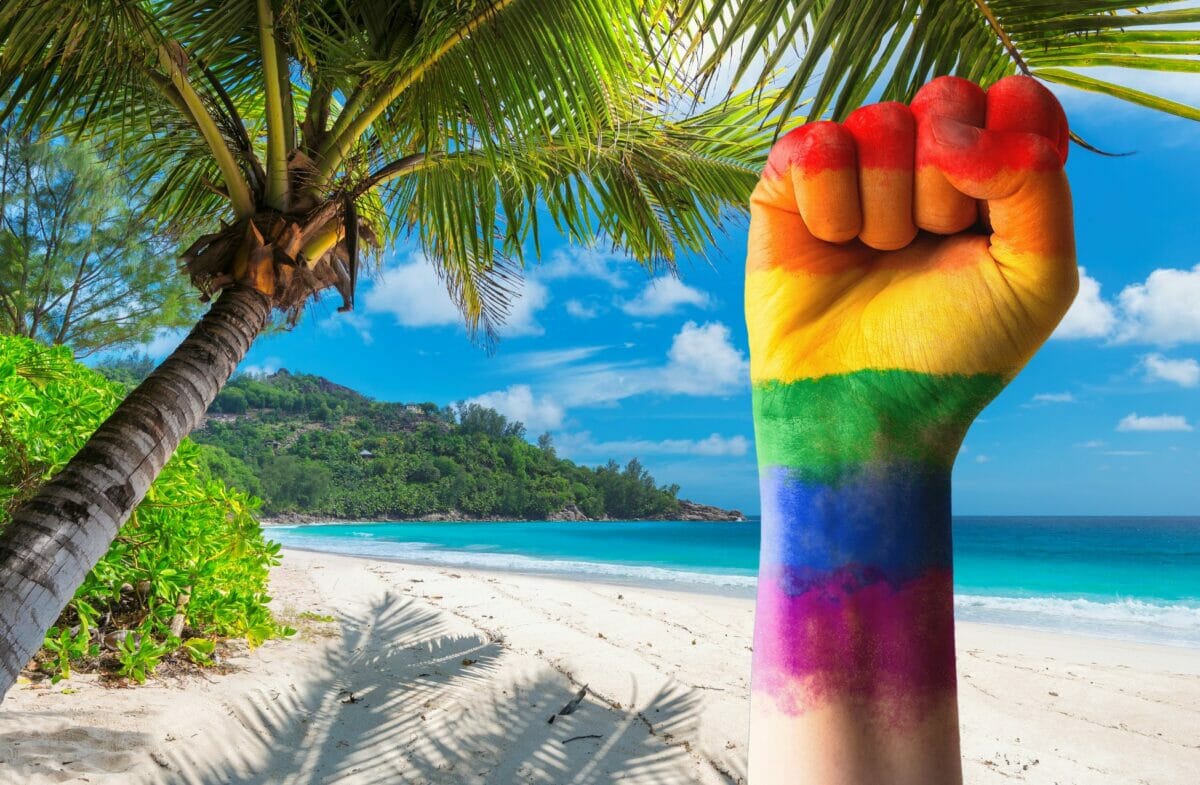
Cecilia Miller is a lesbian love warrior and educator fighting for queer justice and ensuring every shade of the rainbow shines bright & bold!
As an LGBT traveler, it’s important to address the topic of LGBT rights in Jamaica and how they affect both local people and tourists. The island is known for its stunning beauty, vibrant culture, and rich history.
However, the legal and social climate for LGBT individuals is concerning. In Jamaica, consensual sexual intercourse between same-sex partners is punishable by imprisonment, and the nation struggles with widespread discrimination and violence against LGBT and intersex individuals.
For tourists traveling to Jamaica, it’s crucial to remain informed and vigilant. While the experience of visiting the island may differ between local Jamaicans and visitors, exercising caution, understanding cultural nuances, and staying up-to-date with current information is essential. The situation in any country can change quickly, so seeking reliable and current advice before planning your trip is always recommended.
There are steps that can be taken to protect oneself while traveling, such as being discreet about one’s sexuality in public, choosing safe and LGBT-friendly accommodations, and connecting with local LGBT organizations for support and information.
However, it’s necessary to remember that there are always potential risks and bad actors, regardless of the destination you’re visiting. Prioritizing your safety while also advocating for the rights and well-being of LGBT individuals in Jamaica will contribute to a more inclusive and accepting future for all.
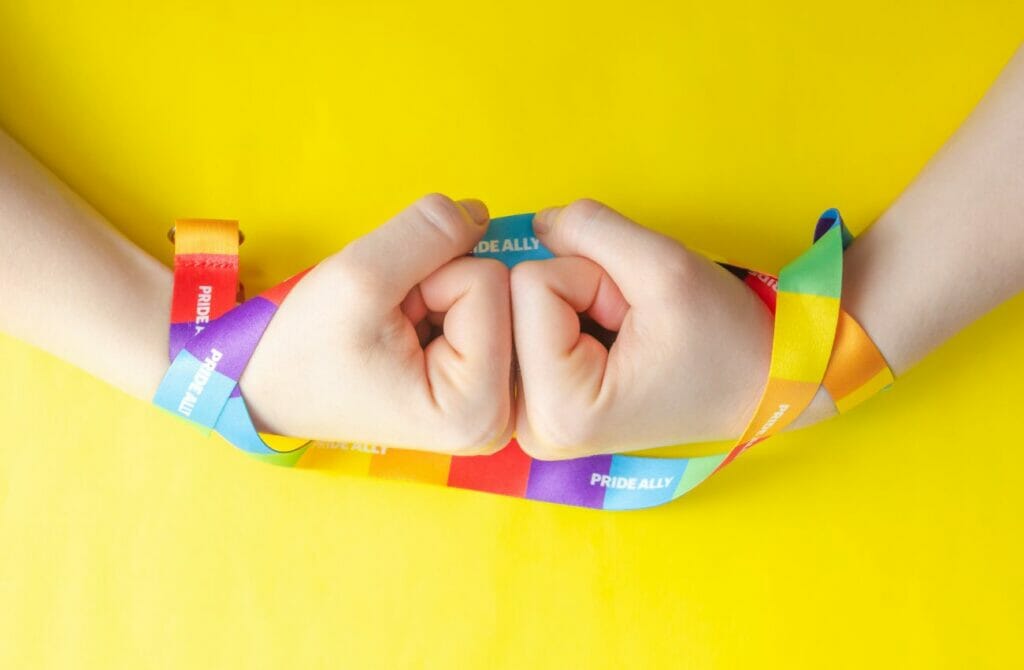
History Of LGBT Rights In Jamaica
The origins of LGBT rights in Jamaica can be traced back to the Buggery Law of 1861, which was liberalized in England in 1967. However, Jamaica gained its independence in 1962 and maintained the buggery law adopted from the British constitution. This law is still in force today under the Offences Against the Person Act (1864). Homosexual acts are illegal in the country, with sentences of up to 10 years imprisonment with hard labor for those convicted.
LGBT rights in Jamaica have made progress in recent years, thanks to the dedication of activists and organizations such as the Jamaica Forum for Lesbians, All-Sexuals and Gays (J-Flag) , the country’s largest LGBT rights organization. Despite the progress made, discrimination and violence against the LGBT community continues.
For tourists and locals alike, the environment surrounding LGBT rights can differ dramatically. In some tourist areas, LGBT individuals may experience a more accepting atmosphere, as tourism businesses are often more tolerant and understanding. However, it is crucial for both locals and visitors to remember that the situation may vary depending on the location, and one must always exercise caution and be aware of current laws.
As an LGBT traveler, there are several steps to consider in order to protect yourself and ensure a safe and enjoyable trip. Firstly, stay informed about the current state of LGBT rights in Jamaica and any changes that may occur before and during your trip. Secondly, exercise discretion when discussing your sexual orientation or gender identity, especially in public spaces or unknown environments. Thirdly, connect with LGBT organizations and safe spaces to get guidance on navigating the local culture.
It is essential to keep in mind that situations can change quickly, and information may become outdated. Therefore, always seek the most current advice before traveling, and remain vigilant as there are bad actors in every country. By staying informed and cautious, you can contribute to the ongoing push for acceptance and equal rights for the LGBT community in Jamaica.
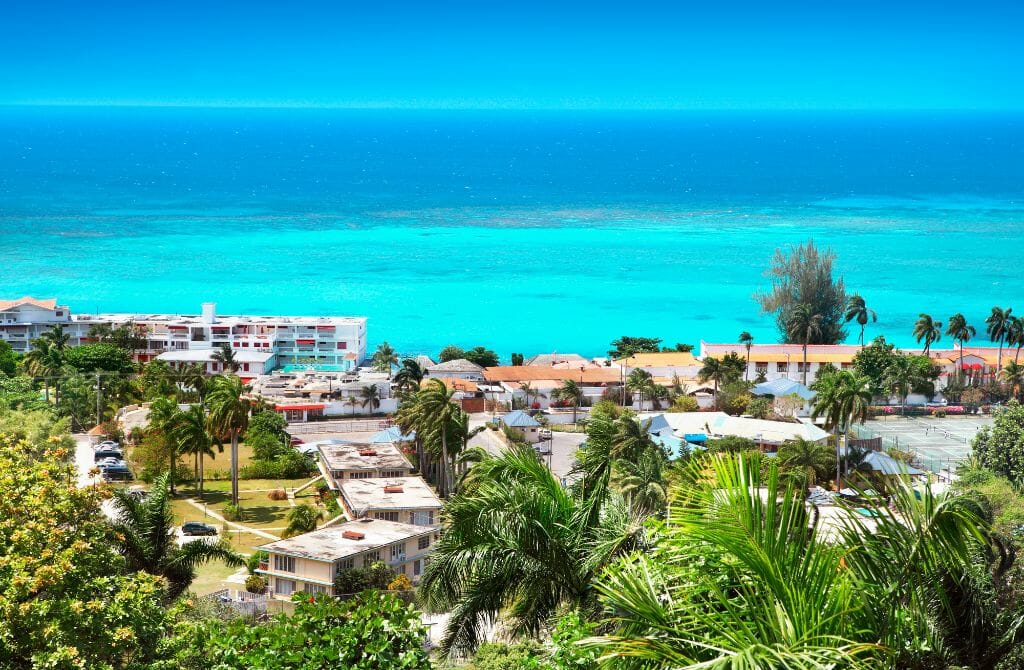
The LGBT Current Situation In Jamaica
When considering the safety of both local and tourist LGBT communities in Jamaica, it’s crucial to understand the ongoing challenges they face. Same-sex relations are still criminalized, and a significant portion of the population remains opposed to the acceptance of homosexuality. Reports of violence and discrimination are concerning, with 231 cases documented by the Jamaican Forum for Lesbians, All-Sexuals, and Gays (J-FLAG) from 2009 to 2012. Despite criticism towards the government’s approach to these issues, it’s important to note that the situation can evolve rapidly, and staying informed with the latest information is essential.
In contrast to Jamaica, Haiti , while not having legalized same-sex marriage, does not criminalize same-sex relations, and there is a lesser degree of societal discrimination against the LGBT community. However, Haiti still faces significant challenges in terms of broader human rights and societal acceptance.
On the other hand, Cuba has made notable progress in recent years. The government has begun to recognize and protect LGBT rights more actively, including state-sponsored sex reassignment surgery and anti-discrimination laws. This shift demonstrates a stark contrast to Jamaica’s current situation and highlights the varying degrees of acceptance and legal protection for LGBT individuals in neighboring Caribbean countries.
For tourists visiting Jamaica, it is essential to be aware of the prevailing attitudes and take action to ensure your safety. In comparison to local people who may experience discrimination and violence daily, tourists may have better chances of avoiding such issues by:
- Avoiding public displays of affection : While not entirely foolproof, this measure can help prevent unwanted attention.
- Sticking to tourist-friendly areas : Please do your research on which locations offer a safer and more welcoming environment for the LGBTQ+ community.
- Connecting with local LGBTQ+ groups : Organizations like J-FLAG can provide valuable information and assistance while navigating Jamaica as an LGBTQ+ individual.
- Remain vigilant : Always be mindful of your surroundings, as bad actors exist in every country.
These recommendations may provide some protective measures during your visit; however, it is crucial to seek updated information and advice before traveling. Remember that the situation can change rapidly, and it’s always best to err on the side of caution and stay informed.
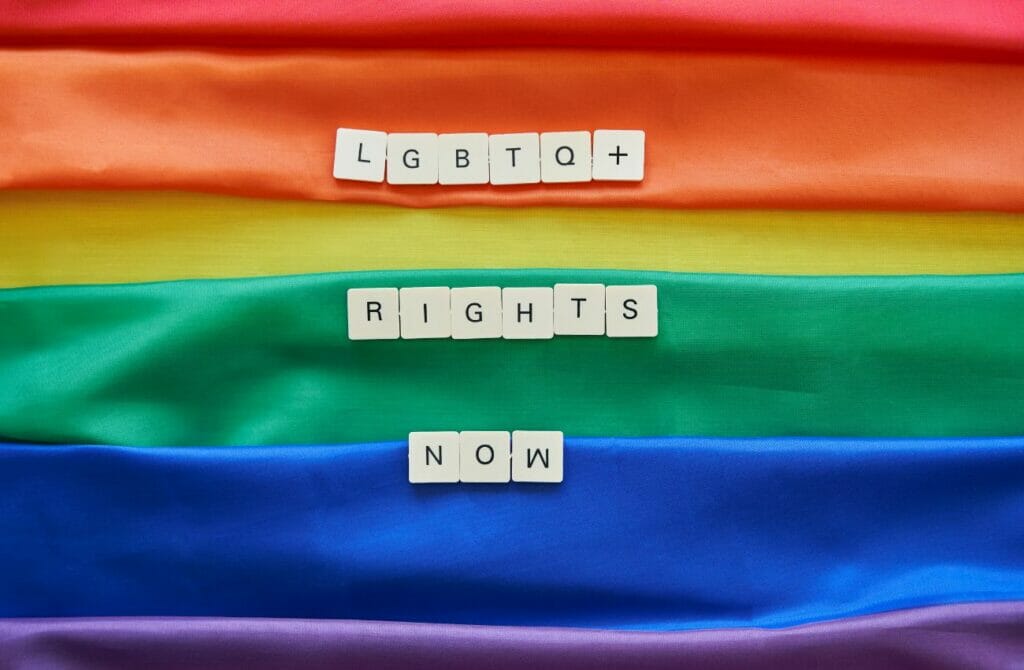
The Future For The Queer Community In Jamaica
It is crucial to discuss the future of LGBT rights in Jamaica, especially in terms of how they impact both local people and tourists. While the island nation is known for its vibrant culture and picturesque landscapes, it has also faced challenges regarding LGBT rights, with anti-LGBT laws and a history of violence and discrimination against the community.
For local LGBTQ+ individuals, the situation can be difficult, as evidence of discrimination and violence persists. Between 2009 and 2012, the Jamaican Forum for Lesbians, All-Sexuals, and Gays (J-FLAG) documented 231 reports of discrimination and violence based on gender identity and/or sexual orientation. Fortunately, change may be on the horizon, as human rights bodies have called for the repeal of Jamaica’s anti-LGBT laws. Efforts are being made to train public officials and gather data on violence and discrimination against LGBT and intersex people.
Tourists, on the other hand, may not be exposed to the same level of risk as local LGBTQ+ individuals. However, they must remain vigilant and cautious when traveling to Jamaica. To ensure safety, travelers should:
- Seek updated information on the local situation before traveling
- Familiarize themselves with the cultural context and local laws
- Stick to established tourist areas and reputable establishments
- Exercise discretion when expressing their LGBTQ+ identity
It is essential to acknowledge that the situation regarding LGBT rights in Jamaica or any other country can change rapidly, and information can quickly become outdated. Therefore, it is critical for all travelers to remain cautious and vigilant while traveling, seeking current advice and taking the necessary precautions to protect themselves regardless of the country they are visiting. By staying informed and cautious-minded, LGBTQ+ individuals and allies can play an essential role in promoting change and fostering a safer environment for all.
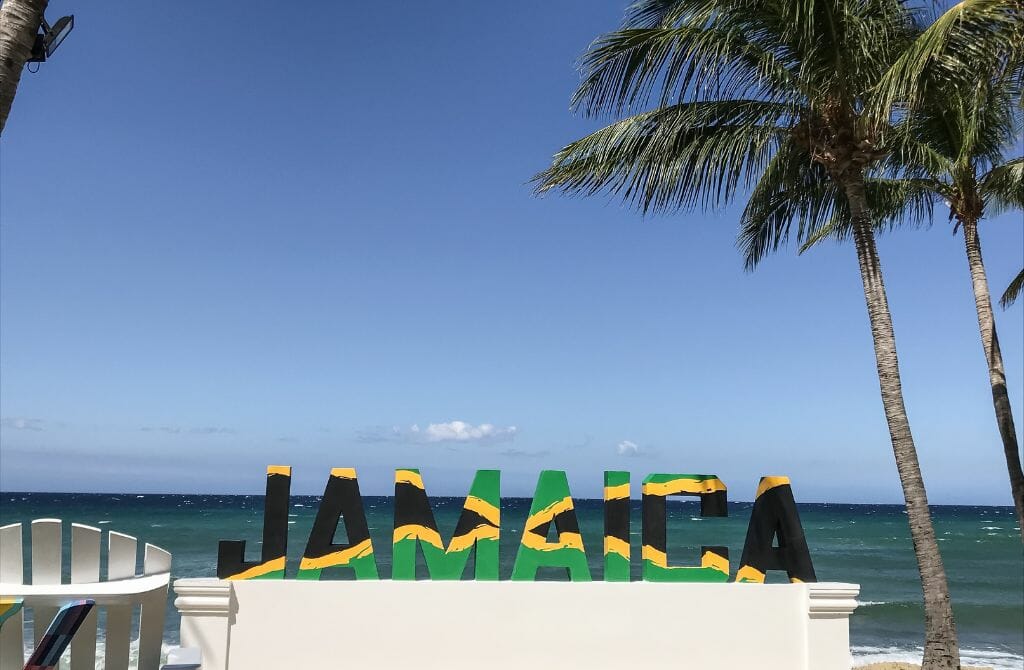
Protect Yourself While Travelling In Gay Jamaica
As an LGBT traveler in Jamaica, it’s crucial to be aware that local laws and societal attitudes towards the LGBT community can differ greatly from those in other countries. While the local population may face severe legal and social challenges, tourists generally experience fewer instances of discrimination. However, as a visitor to Jamaica, it’s important to understand the context in which you’ll be navigating and to prioritize personal safety.
For both local people and tourists, consensual sexual intercourse between same-sex partners is punishable by law, with men facing the highest penalties. However, these laws are predominantly enforced against homosexual men and not as often against tourists. Despite this, caution is still essential for everyone within the LGBT community.
To protect yourself while exploring Jamaica, consider taking the following steps:
- Be mindful of public displays of affection, as these may draw unwanted attention.
- Endeavor to stay in LGBT-friendly accommodations that prioritize the safety of their guests.
- Connect with other LGBT travelers and locals through social media or meetups to gather firsthand advice.
- Refrain from discussing your sexual orientation or gender identity with strangers unless you feel entirely safe doing so.
It’s essential to remember that situations can change rapidly, and information may be outdated. Make sure to research current developments and seek advice before traveling to Jamaica. As in any country, there will always be individuals with ill intentions, so remaining vigilant is key. By being aware of the local context and taking precautionary measures, you can help ensure a safer and more enjoyable experience as an LGBT traveler in Jamaica.
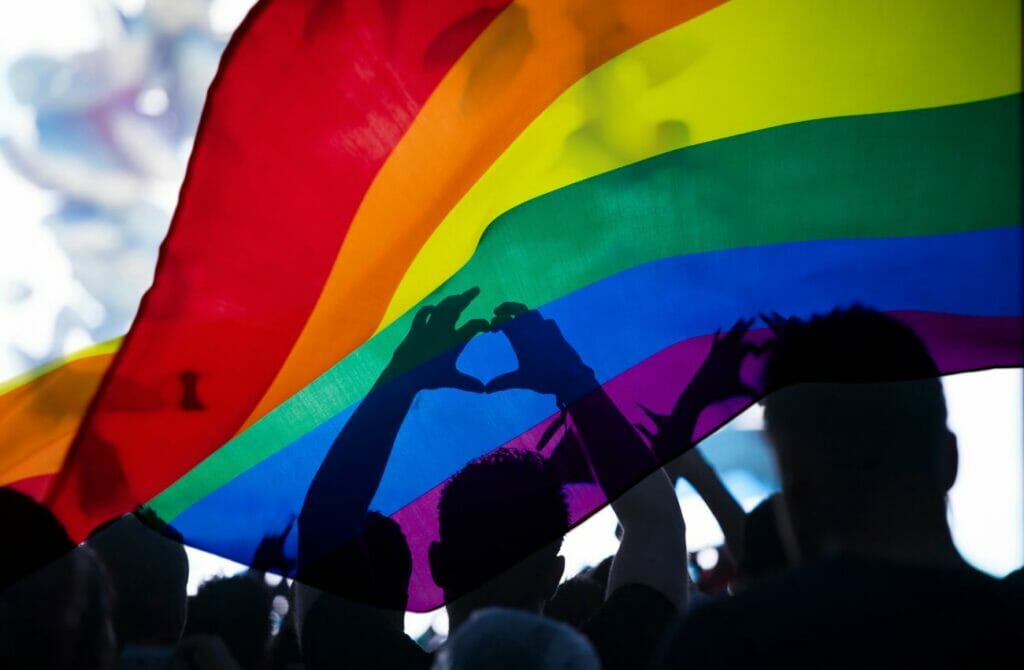

IMAGES